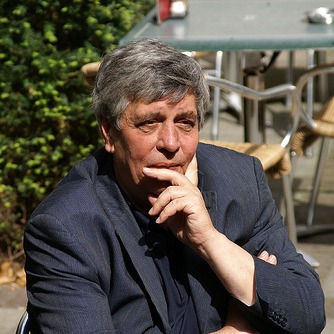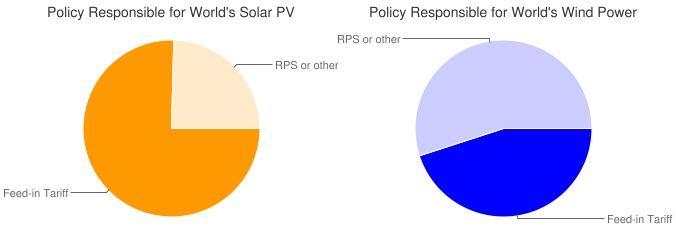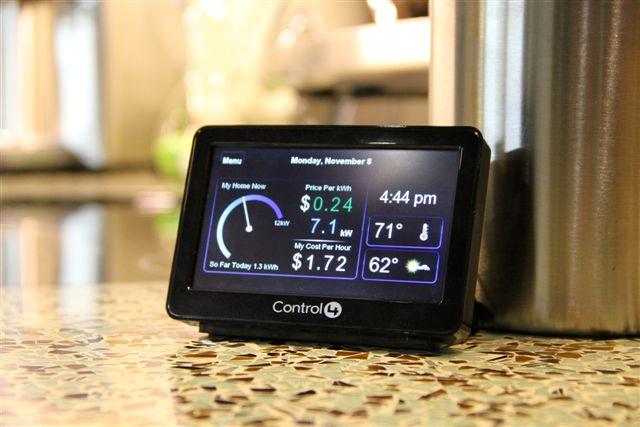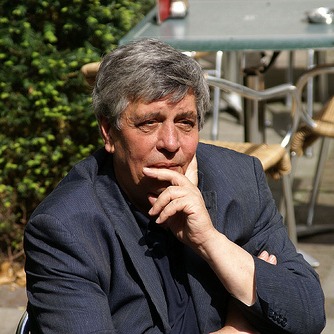This is part of a series of posts on distributed renewable energy that will be posted to Grist. It originally appeared on Energy Self-Reliant States, a resource of the Institute for Local Self-Reliance’s New Rules Project.
 Sun king Hermann Scheer.Photo: Hans MestrumThe recent death of German renewable energy advocate Hermann Scheer — dubbed the sun king or even the Stalin of renewables — is a unique opportunity to reflect on his largest legacy, the feed-in tariff, a policy responsible for the rise of the renewable energy industry.
Sun king Hermann Scheer.Photo: Hans MestrumThe recent death of German renewable energy advocate Hermann Scheer — dubbed the sun king or even the Stalin of renewables — is a unique opportunity to reflect on his largest legacy, the feed-in tariff, a policy responsible for the rise of the renewable energy industry.
The feed-in tariff offers prospective renewable energy producers three simple and powerful tools: a guaranteed connection to the grid, a long-term contract for their electricity, and a price for their power sufficient to make a reasonable return on investment. The result of the feed-in tariff is to make renewable energy generation easier to develop and easy to finance. It creates a sort of energy democracy where, to paraphrase the chef from the Disney movie Ratatouille, “anyone can generate”.
The feed-in tariff was the dominate policy in Denmark as wind power rose on the back of local cooperatives to provide as much as 20 percent of that country’s electricity. Thanks to Scheer, it was the policy that energized Germany’s solar industry, one that now generates gigawatts of new distributed solar PV every year. In fact, as the feed-in tariff policy spread to other nations, it has been responsible for the deployment of 75 percent of all solar PV projects and 45 percent of all wind projects worldwide:

Though many policy makers are not familiar with the feed-in tariff, the policy has spread to North America, shepherding $9 billion of investment to Ontario’s renewable energy market as well as shaping the market in Vermont, California, and Gainesville, Fla.
To learn more about the feed-in tariff, check out the Institute for Local Self-Reliance’s 2009 report: “Feed-in Tariffs in America: Driving the Economy with Renewable Energy Policy that Works” or visit the Alliance for Renewable Energy or the FIT Coalition websites.
You can also read part of an interview with Hermann Scheer here.



